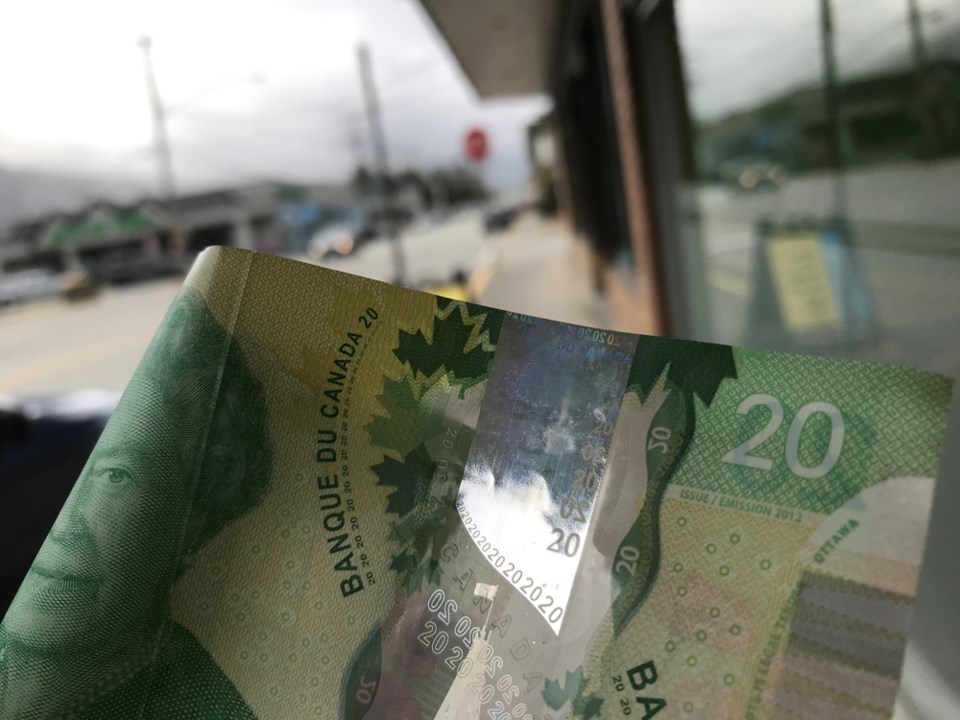Property tax rates for businesses will decrease, but owners will, on average, pay eight per cent more compared with last year.
Factoring in the average business property value, that’s roughly an extra $542 per year.
The increase is in part due to rising BC Assessment valuations, as well as the municipality’s projected $1.75-million uptick in spending this year compared with 2018.
A higher tax bill can still result from a lower rate if a property valuation increases.
During their April 16 meeting, councillors voted unanimously to pass three readings of the annual tax rate bylaw.
“We’re making ourselves a very competitive place for businesses,” said Coun. Doug Race, who noted that the business tax rate and ratio were lower than the provincial average.
In a pattern which has been occurring for at least the last three years, tax rates for Squamish businesses have once again decreased. They will be 7.86 per cent this year.
In 2018, that number was 8.08 per cent. The year before, it was 9.51 per cent.
Given that homeowners and businesses make up the majority of the property tax base in Squamish, that would mean residential payers would have to throw more into the collective pot.
Mayor Karen Elliott noted that she hopes economic development will diversify the tax base, as homeowners are paying much of bill.
“Right now, they carry a lot of burden, and it’s hard to shift any of that burden away from them right now,” said Elliott. “So we are working on it. We have a ways to go, but we definitely have our focus as a council in that regard.”
Residential tax rates are set at 2.98 per cent this year. They were 2.96 per cent in 2018. The year before, they were 3.39 per cent.
But when it comes down to it, homeowners will pay, on average, an extra 3.3 per cent this year compared with 2018 — that’s roughly an extra $71.
In addition to a slightly higher tax rate, heightened BC Assessment values and greater municipal spending are at least in part to blame.
Other increases of note include the utilities property class, which will, on average, increase by 2.9 per cent, an extra $823 each year.
The port —Squamish Terminals — will have to pay an extra 2.2 per cent, which amounts to about $13,419 added to its bill.
Light industry will be faced with an average increase of 13.6 per cent, about $773.
Coun. Chris Pettingill tried to introduce an amendment that would set the town’s major industry tax rate to the B.C. average of 32.4 per cent, up from 26.5 per cent.
He didn’t garner any support.
Should the Woodfibre LNG project be constructed, it could potentially be the sole property in that tax class. As of now, no properties fit that criteria. Prior to his time in council, Pettingill voiced strong opposition to the project.
When no one took him up on his motion, he supported the tax bylaw as it was originally presented.
“I will be supporting this as well — I was hoping to make a small adjustment,” said Pettingill. “On the whole, I am comfortable with this.”




